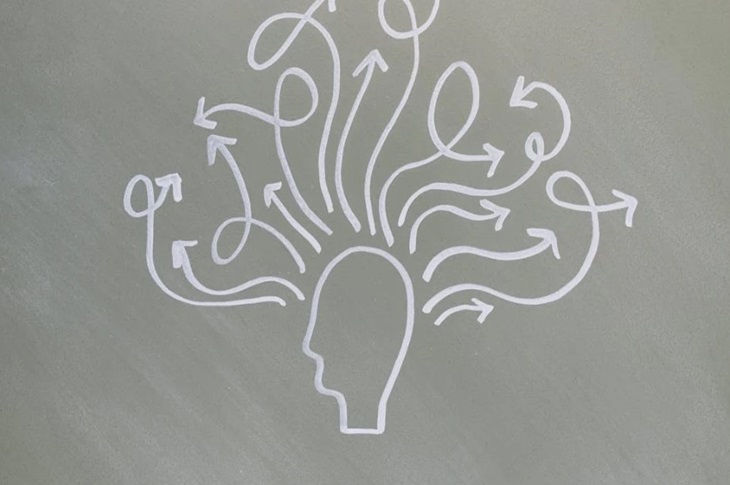Over the many years I have been conducting research on human behavior, I’ve found some interesting links between depression and other factors, like procrastination. People often mistakenly believe that procrastinators and simple lazy, but putting things off or being unmotivated to do anything is also a facet of depression. When I was sifting through the data from Queendom’s Emotional Intelligence Test and compared depressed vs. non-depressed people on the different factors, the contrast was eye-opening.
Here’s where they differed the most in terms of EQ traits:
Contentment
- Score for depressed group: 46
- Score for non-depressed group: 68
Admittedly, this isn’t the least bit surprising. People who are depressed are less satisfied with their lives, period. While happy people will likely admit that there’s very little they’d change about their lives, depressed people often wish they could do a complete overhaul.
Positive Mindset/Optimism
- Score for depressed group: 52
- Score for non-depressed group: 69
There’s no denying it: It’s hard not to fall into the trap of depression when you’re constantly plagued with negative thoughts. Pessimists may argue that expecting the worst and not getting your hopes up will protect you from disappointment (I should know, I’m president and treasurer of the Pessimist Club in my head), but the truth is, if you’re mind is intently focused on the negative, that’s all you’ll ever see. Richard Wiseman conducted a fascinating study on the differences between people who believe they are lucky to those who think they’re unlucky. Here’s how he summed it up:
[Unlucky] people miss chance opportunities because they are too focused on looking for something else. They go to parties intent on finding their perfect partner and so miss opportunities to make good friends. They look through newspapers determined to find certain types of job advertisements and as a result miss other types of jobs. Lucky people are more relaxed and open, and therefore see what is there rather than what they are looking for.” (Wiseman, 2003)
You may also want to take note that the non-depressed group didn’t score exceptionally high on optimism. This is because the ideal balance seems to be a hopeful attitude with a dose of common sense. Essentially, prepare for the worst but hope for the best.
Resilience
- Score for depressed group: 58
- Score for non-depressed group: 75
How long does it take for you to bounce back from disappointment, failure, rejection, or hardship? Well it depends a great deal on your level of resilience.
I had a friend who dated a girl over a decade ago. Their relationship lasted four months. He easily moved on; she, on the other hand, still hasn’t gotten over him. She’s a highly successful, beautiful woman who refuses to date anyone else and is still pining for a man who hasn’t given her a second thought. Not surprisingly, she’s been struggling with depression for a few years now. My heart goes out to her. Sometimes, burning bridges and cutting ties with certain people, no matter how much you care about them, is the healthiest thing you can do.
Emotional Regulation
- Score for depressed group: 44
- Score for non-depressed group: 60
Many of us struggle with managing our emotions (and notice I didn’t say “controlling” them—because suppression isn’t the answer). The problem is that we often believe other people or situations are to blame for how we feel. We point the finger at that driver who cut us off for our anger, our mother for our insecurities, or a doctor’s appointment for our anxiety. The reality is, no one and nothing can force you to feel angry, sad, or anxious—you choose how to respond. When you hand over control of your emotions to someone else, you lose the power to regulate and decide how you want to feel.
Self-Motivation
- Score for depressed group: 51
- Score for non-depressed group: 67
Much like the link between procrastination and depression, depressed people struggle to find the incentive to take on challenges, set goals, or pick themselves up. The danger of a lack of inner incentive is an unhealthy reliance on external factors to motivate you—praise from your boss, compliments from your partner, money, etc. While these motivators can keep you going in the short-term, it won’t be enough. Like an addiction, you’ll need more and more of it to stay motivated. When you can find motivation and strength from within, it will keep that inner flame burning and push you to keep trying.
Insightfully yours,
Queen D



Emotional Intelligence & Depression (Part 2) | Queendom Blog
[…] ← Previous […]